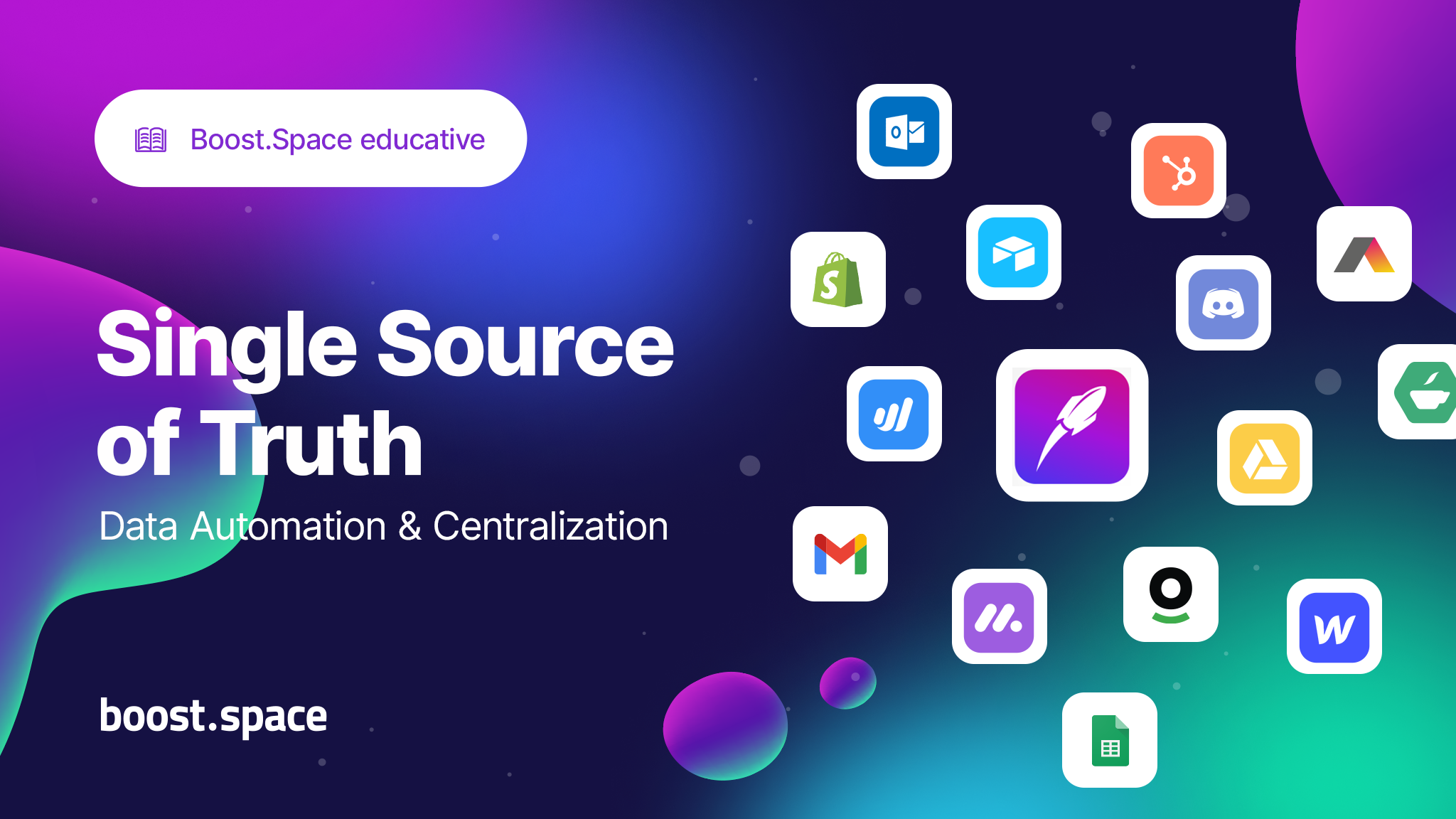Modern businesses depend on data collection and processing to run. Contacts, product information, client and employee contracts, issued and upcoming documents, correspondence, and many other types of data. Over the last few decades, various programs and applications have been developed using technologies that collect and manage data for us. They provide data automation.
Data automation affects the running of a business in various ways
When used correctly, it can lead to greater company efficiency and more agile decisions.
Automation can significantly increase the speed and accuracy of data processing, freeing up time for other tasks.
At the same time, it allows companies to react to truly current market conditions and thus make faster and more efficient decisions.
Automating data processes can help companies better understand their customers and provide more personalized and targeted services. Last but not least, it also saves work capacity and thus reduces costs (inefficient process management costs companies 20-30% of revenue annually). But is it enough?
Not sure where to begin?
For an average person, it’s hard to imagine anything specific under the phrase “synchronize your data and optimize your business processes” – even more so if you have no IT background. We at Boost.space are very well aware of that. But we also know very well what we’re doing and why we’re doing it. And in order to make the public understand too, we created the Flows section. Go check it out! Get a better idea of how synchronizing data can boost your business.
The Single Source of Truth Approach
Automated data processing can bring several benefits to any business. But today, modern businesses are taking it a step further and moving to a Single Source of Truth (SSoT) model.
SSoT is the process of aggregating data from many systems (applications) into one place. Primarily, it is not a system, tool, or strategy but rather the ability to search a company’s data from a single point of reference. Internet search engines, for example, operate on a similar principle, attempting to be the single source of truth for a concept searched on the Internet.
For example, a company that wants to track customer information. Without SSOT, customer data may be stored in multiple systems, such as a CRM, marketing automation, and billing system. This can lead to duplicate entries and inconsistencies in the data. By implementing an SSoT, all customer data can be stored and updated in a single, centralized location, such as a data warehouse. This allows for more accurate and efficient management of customer information and makes it easier to analyze and segment the data for targeted marketing efforts.
SSoT is absolutely critical for the process of managing, organizing, and processing corporate data. Data accuracy, it’s timeliness, and accessibility to all ends of the business are crucial for their proper use. According to a Gartner study, companies that implement an SSoT model can see an increase in data accuracy of up to 30% and can make up to 75% faster business decisions. Then, according to McKinsey research, companies with SSoT in place can increase operational efficiency by up to 20%.
Ready to build your own Single Source of truth?


